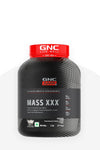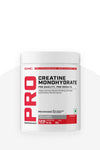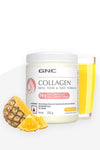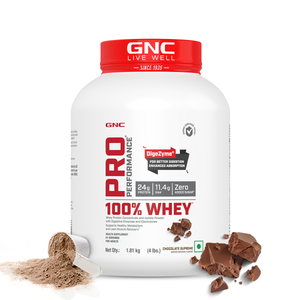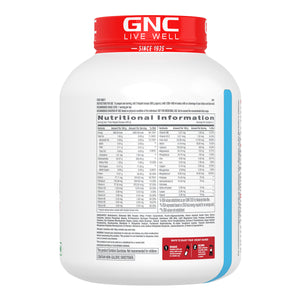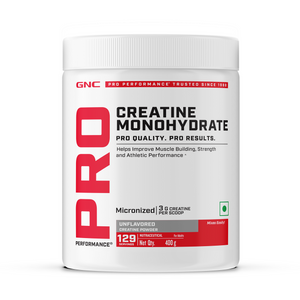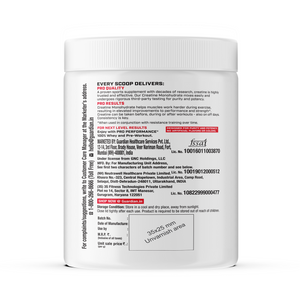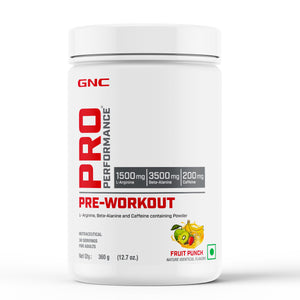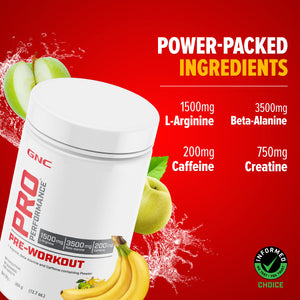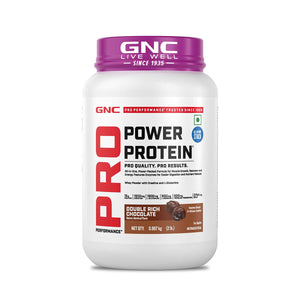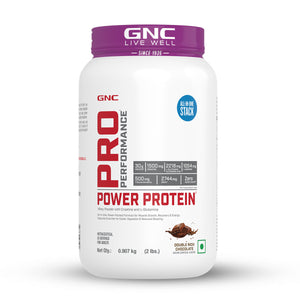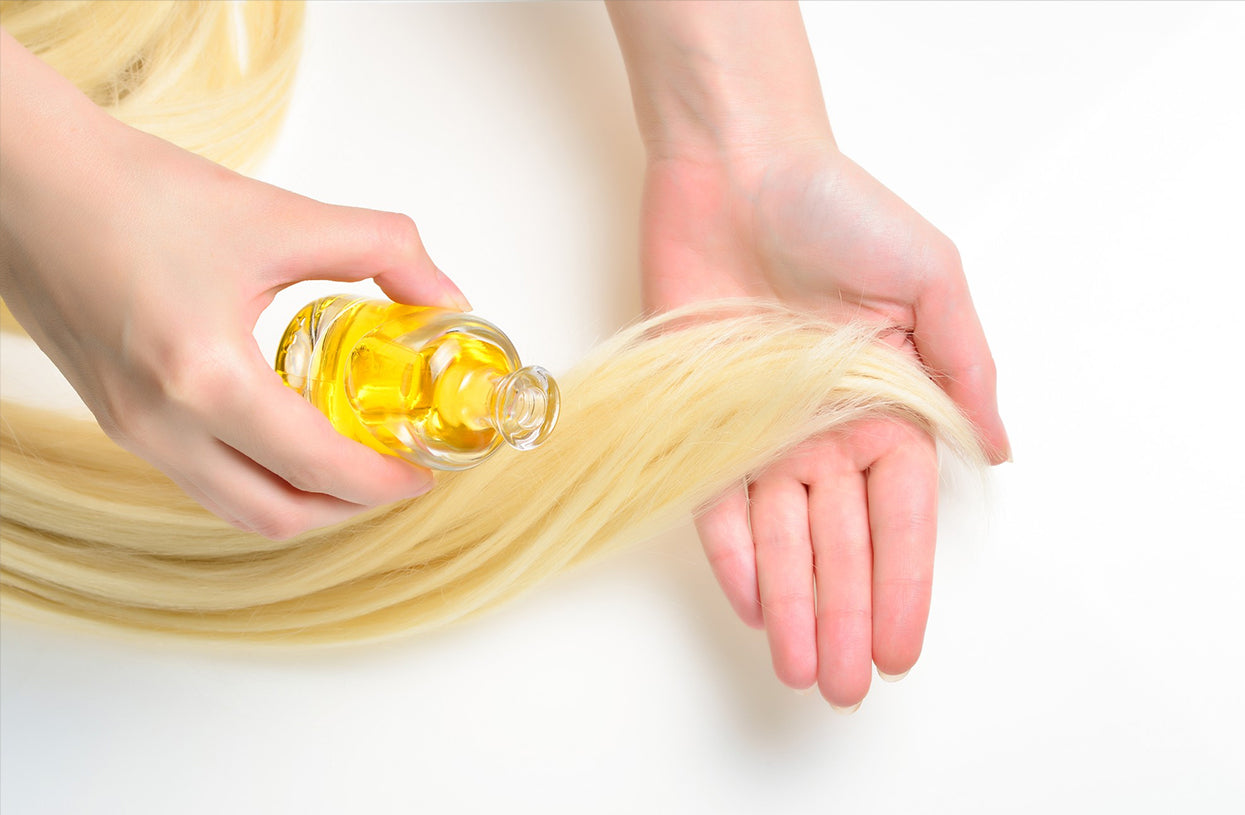All That You Need to Know About Vitamin B12 for Hair
Your hair has to go through a lot on a daily basis. Factors like – dust, pollution, sunlight, not eating a healthy diet, vitamin deficiency, and use of excessive products can make your hair dull and lifeless. If you want to take care of your hair health then adding vitamin B12 rich foods and vitamin B12 supplements is a good idea. Vitamin B12 for hair has a lot of benefits and can reduce hair fall and strengthen your hair.
Vitamin B12, also known as cobalamin, is a water-soluble vitamin that is essential for various physiological functions in the human body. It is one of the eight B vitamins and plays a crucial role in several important processes. Apart from vitamin B12 benefits for hair, it has a lot of other benefits like –
-
Red Blood Cell Formation:
Vitamin B12 is necessary for the production of red blood cells in the bone marrow. Without adequate B12, red blood cells can become enlarged and irregular in shape, leading to a type of anemia called megaloblastic anemia. -
Nervous System Function:
B12 is essential for maintaining a healthy nervous system. It plays a role in the synthesis of myelin, a protective sheath that covers and insulates nerve fibers. Deficiency in B12 can lead to neurological problems, such as tingling or numbness in the hands and feet, difficulty walking, and memory impairment. -
DNA Synthesis:
Vitamin B12 is involved in the synthesis of DNA, the genetic material in cells. It is required for cell division and replication. -
Metabolism of Amino Acids and Fatty Acids:
B12 participates in the metabolism of amino acids and fatty acids, which are essential for energy production and overall metabolism. -
Supports Immune Function:
While the exact role of B12 in the immune system is not fully understood, it is believed to play a role in immune function and may contribute to a healthy immune response.
Vitamin B12 is unique among the B vitamins because it is not found in plant-based foods in significant amounts. Instead, it is primarily found in animal-based sources, including meat, fish, dairy products, and eggs. The body stores vitamin B12 in the liver, and it can be released into the bloodstream when needed.
Individuals who follow strict vegetarian or vegan diets are at a higher risk of B12 deficiency, as plant-based foods do not provide adequate levels of this vitamin. In such cases, B12 supplements or fortified foods may be necessary to meet dietary needs.
Vitamin B12 benefits for hair
Vitamin B12 is often associated with hair health, and it plays several indirect roles that can benefit the condition and growth of your hair. Some of the main vitamin B12 benefits for hair are –
-
Promotes Hair Growth:
Adequate levels of vitamin B12 are essential for promoting hair growth. B12 is involved in the formation of red blood cells, which transport oxygen and nutrients to hair follicles. This enhanced blood circulation to the scalp can stimulate hair follicles and support hair growth. -
Prevents Hair Loss:
Vitamin B12 deficiency can lead to anemia, which is characterized by a reduced number of red blood cells. Anemia can cause hair loss and thinning. By ensuring sufficient B12 levels, you can help prevent this type of hair loss. -
Improves Hair Texture and Shine:
Proper nutrition, including vitamin B12, contributes to the overall health and appearance of your hair. B12 supports the production of keratin, a protein that makes up the structure of your hair. As a result, well-nourished hair is generally shinier and has a smoother texture. -
Reduces Premature Graying:
While graying of hair is primarily influenced by genetics, some evidence suggests that a deficiency in certain B vitamins, including B12, may contribute to premature graying. Ensuring adequate B12 intake may help maintain natural hair color for longer. -
Supports a Healthy Scalp:
B12 helps in the production of sebum, a natural oil produced by the scalp that keeps hair follicles lubricated and prevents dryness. A well-lubricated scalp can reduce the risk of dandruff and promote healthy hair growth.
While vitamin B12 is beneficial for hair health, it is not a magical solution for all hair-related issues. Hair health is influenced by various factors, including genetics, overall nutrition, and lifestyle. And even if you start taking vitamin B12 tablets for hair, they will not show results overnight. You need to take them consistently for at least 3 months to see visible results.
Vitamin B12 foods
You can get your daily dose of vitamin B12 for hair and overall well-being from food sources. Here’s a list of vitamin B12 rich foods –
1. Meat
- Beef
- Pork
- Lamb
- Organ meats (liver, kidney, heart)
2. Poultry
- Chicken
- Turkey
3. Fish
- Salmon
- Trout
- Tuna
- Sardines
- Mackerel
4. Seafood
- Clams
- Oysters
- Crabs
- Shrimp
5. Dairy Products
- Milk
- Yogurt
- Mozzarella cheese
6. Eggs
7. Fortified Foods
Some plant-based foods are fortified with B12, making them suitable for vegetarians and vegans. These include fortified cereals, plant-based milk (e.g., almond milk, soy milk), and nutritional yeast.
Vitamin B12 is not naturally present in plant-based foods unless they are fortified. Therefore, if you follow a vegetarian or vegan diet, it's essential to pay close attention to your B12 intake and consider supplementation or fortified foods to meet your B12 needs.
Vitamin B12 deficiency
Vitamin B12 deficiency occurs when there is an insufficient amount of vitamin B12 in the body to support normal physiological functions. This deficiency can lead to various health problems and symptoms. The main causes of vitamin B12 deficiency are –
-
Dietary Insufficiency:
One of the most common causes is a diet lacking in vitamin B12-rich foods, particularly in individuals following strict vegetarian or vegan diets. -
Malabsorption:
Conditions that affect the absorption of vitamin B12 in the digestive tract can lead to deficiency. This includes conditions like pernicious anemia, celiac disease, Crohn's disease, and certain medications that interfere with B12 absorption. -
Inadequate Stomach Acid:
Adequate stomach acid is necessary for the absorption of vitamin B12. Conditions that reduce stomach acid production, such as atrophic gastritis or the use of acid-reducing medications, can contribute to deficiency. -
Surgery:
Some types of gastrointestinal surgery, particularly those that remove or bypass the part of the small intestine where B12 is absorbed, can lead to B12 deficiency. -
Age:
As people age, their ability to absorb vitamin B12 from food may decrease, leading to a higher risk of deficiency, especially in older adults.
In case you have a vitamin B12 deficiency your doctor would recommend vitamin B12 supplements. You can also get in touch with a dermatologist to know which are the best vitamin B12 capsules for hair.
Some of the main symptoms of vitamin B12 deficiency are –
- Fatigue and mental weakness
- Weight loss, depleted energy, low appetite
- Breathlessness
- Anemia
- Cognitive decline, memory loss
- Insomnia
- Disorientation, depression, and confusion
- Hair fall, hair thinning, premature graying
- Mouth ulcers
- Constipation
- Irritability, mood swings
Prevention and treatment of vitamin B12 deficiency
Preventing and treating vitamin B12 deficiency typically involves dietary changes, supplements, or injections –
- Dietary Sources: Increasing intake of vitamin B12-rich foods like meat, fish, dairy, and fortified foods.
- Supplements: Oral B12 supplements are available, and they are effective for most cases of deficiency.
- Injections: In severe cases or when absorption is severely compromised, healthcare professionals may administer B12 injections.
It's essential to consult with a healthcare provider if you suspect a B12 deficiency or if you have symptoms associated with it. Early detection and treatment can prevent complications and help restore normal B12 levels.
Make sure you follow the dosage instructions carefully. Do not consume more than the mentioned amount as it may lead to side effects and can even trigger allergic reactions. Some of the most common side effects can be – fever, headache, nausea and vomiting, diarrhea, tingling sensation in hands and feet, etc.
If you are pregnant, a lactating mother, or someone who takes any medication or treatment for a chronic illness, then it is best that you consult your doctor and only start taking vitamin B12 tablets for hair after he/ she recommends it.



